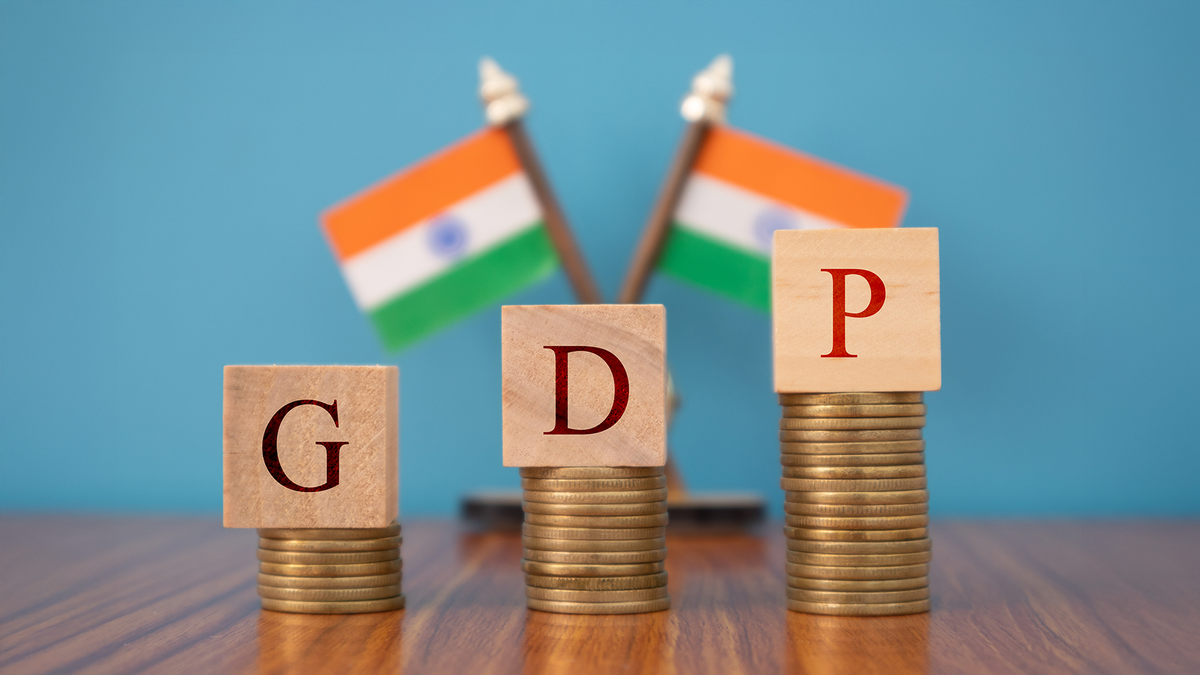
According to the United Nations (UN) World Economic Situation and Prospects 2025 report, the Indian economy is expected to grow by 6.6% in 2025 and 6.7% in 2026, supported by private consumption and investment growth.
“In India, the public sector continues to play a pivotal role in funding large-scale infrastructure projects, physical and digital connectivity, and social infrastructure, including improvements in sanitation and water supply. Strong investment growth is expected to continue through 2025," the report states.
The First Advance Estimates from the National Statistics Office forecast the Indian economy to slow to a four-year low of 6.4% in 2024-25, while the Reserve Bank of India’s (RBI) projection is 6.6%.
The report predicts robust economic growth in South Asia, driven by strong performance in India, with the region expected to grow at 5.7% in 2025 and 6% in 2026. The capital expenditure on infrastructure is anticipated to stimulate growth, supported by expanding manufacturing and services sectors, alongside strong export growth in pharmaceuticals and electronics. The report also notes that favourable monsoon rains in 2024 will improve agricultural output in 2025. However, the region faces risks such as geopolitical tensions, external demand slowdown, debt challenges, and extreme weather events.
“Countries cannot ignore these perils. In our interconnected economy, shocks on one side of the world push up prices on the other. Every country is affected and must be part of the solution — building on progress made,” said UN Secretary-General, António Guterres, in the foreword to the report.
Consumer price inflation is forecast to decrease to 4.3% in 2025. Resource-rich countries like India have opportunities for growth through rising demand for critical minerals, though risks remain.
“Governments must adopt forward-looking policies and comprehensive regulatory frameworks to drive sustainable extraction, equitable benefit-sharing, and investments in building productive capacities to maximise the development gains from these resources,” said UN Under-Secretary-General for Economic and Social Affairs, Li Junhua.

